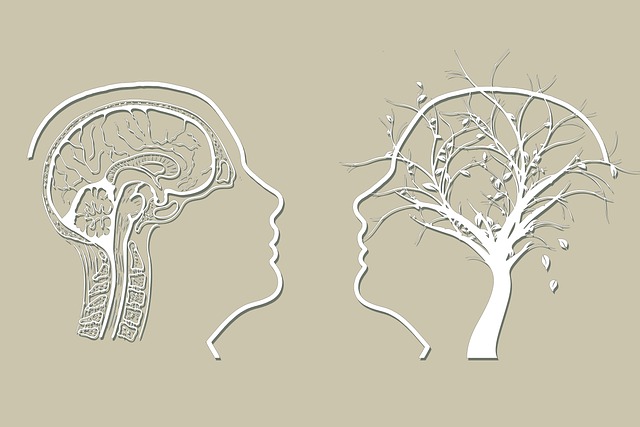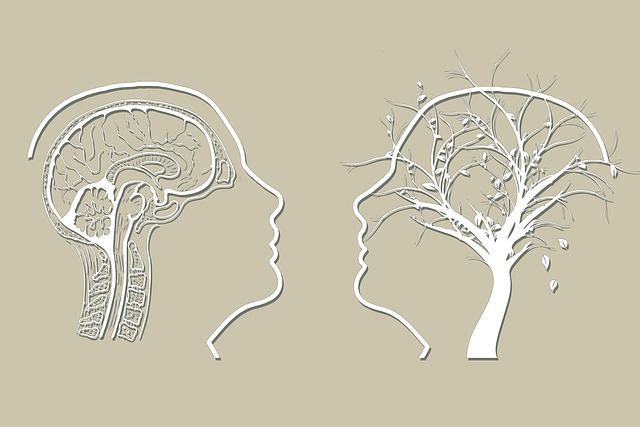Golden Abuse Survivors Therapy focuses on empowering individuals to heal from trauma by teaching essential tools for emotional regulation and cognitive reframing using CBT techniques. It incorporates mindfulness practices, compassion cultivation, and structured sessions for conflict resolution, aiding in trauma recovery and promoting mental wellness. This specialized therapy offers a unique support system tailored to address the specific challenges faced by Golden Abuse survivors, fostering healing and empowering them to regain control of their emotional well-being.
Mood regulation strategies are essential tools for Golden Abuse Survivors seeking healing and empowerment. This article explores four effective approaches to reclaim emotional well-being: understanding mood regulation as a necessity, leveraging cognitive behavioral techniques, adopting mindfulness and meditation practices, and building supportive networks. By implementing these strategies, survivors can take control of their mental health and embark on a path towards therapeutic transformation in the context of Golden Abuse Survivors Therapy.
- Understanding Mood Regulation: A Necessity for Golden Abuse Survivors
- Cognitive Behavioral Techniques: Empowering Survivors to Take Control
- Mindfulness and Meditation: Finding Calm in Chaos
- Building a Supportive Network: The Power of Connection for Healing
Understanding Mood Regulation: A Necessity for Golden Abuse Survivors

Understanding mood regulation is a crucial step for Golden Abuse Survivors on their journey to healing and recovery. In therapy, it becomes a cornerstone of treatment, as it equips individuals with the tools to navigate and manage their emotional states effectively. Many survivors struggle with regulating their moods due to past traumatic experiences, which can lead to intense emotions that are difficult to process and control.
Golden Abuse Survivors Therapy often focuses on developing emotional intelligence and empathy-building strategies as part of mood regulation techniques. By enhancing their emotional awareness and understanding, survivors can better identify and express their feelings healthily. This process is transformative, fostering mental wellness and enabling individuals to regain a sense of control over their lives. Through therapy, they learn to respond to rather than react to their emotions, leading to improved overall well-being.
Cognitive Behavioral Techniques: Empowering Survivors to Take Control

Cognitive Behavioral Techniques (CBT) offer powerful tools for Golden Abuse Survivors Therapy, empowering individuals to take control of their emotional well-being. By identifying and challenging negative thought patterns, survivors can begin to reframe their experiences, which is a significant step towards healing. CBT encourages a more adaptive perspective, enabling individuals to navigate challenging situations with newfound resilience.
Through structured therapy sessions, survivors learn effective conflict resolution techniques, helping them express their needs assertively while fostering healthy boundaries. Additionally, compassion cultivation practices play a pivotal role in this process, allowing individuals to cultivate self-compassion and kindness towards themselves, which is essential for managing anxiety relief and promoting emotional regulation.
Mindfulness and Meditation: Finding Calm in Chaos

Mindfulness and meditation have emerged as powerful tools for mood regulation, offering a sanctuary of calm within the chaos that many survivors of trauma, especially Golden Abuse Survivors Therapy clients, often face. These practices encourage individuals to focus on the present moment, fostering a sense of groundedness and emotional balance. By cultivating awareness of thoughts and sensations without judgment, survivors can learn to navigate their emotional landscapes more effectively.
Incorporating mindfulness techniques, such as deep breathing exercises and compassion cultivation practices, supports the healing process. It enables individuals to develop social skills training capabilities, enhancing their ability to connect with others and express their needs. Furthermore, these methods promote emotional healing processes, allowing survivors to process traumatic experiences and regulate their mood states more adaptively.
Building a Supportive Network: The Power of Connection for Healing

Golden Abuse Survivors can greatly benefit from employing various mood regulation strategies. By understanding and managing their emotions, they can take control of their mental health. Cognitive Behavioral Techniques offer powerful tools for coping, while mindfulness practices help to create a sense of calm. Furthermore, building a supportive network is essential for healing, providing a safe space to process experiences and fostering connection. These strategies, when integrated into therapy, can empower Golden Abuse Survivors on their journey towards emotional well-being.














